

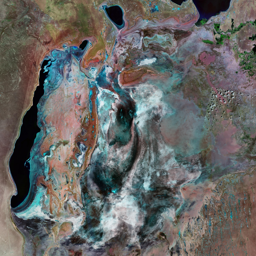
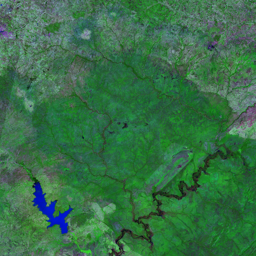
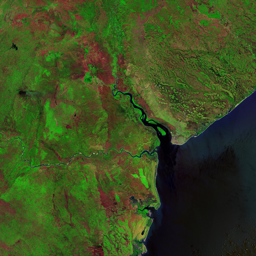


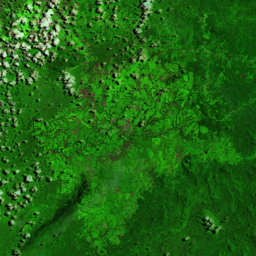

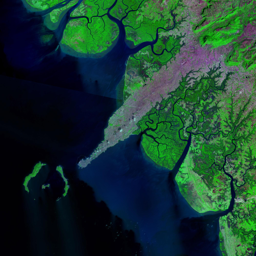
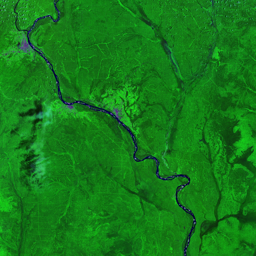
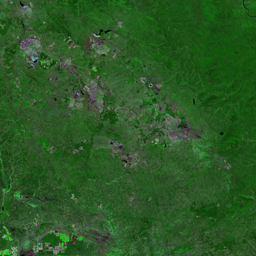
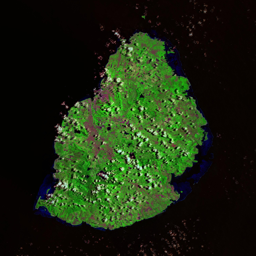
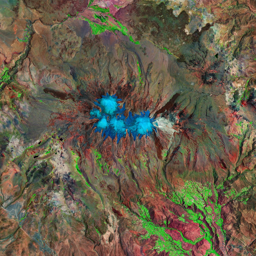
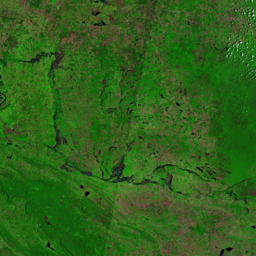
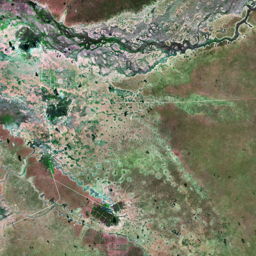
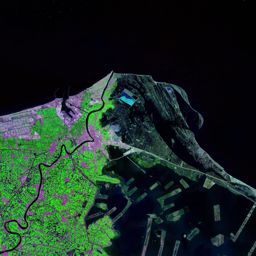
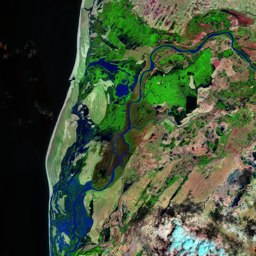


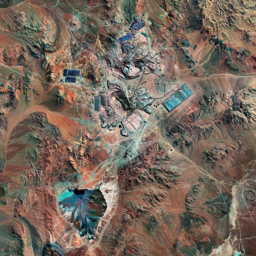
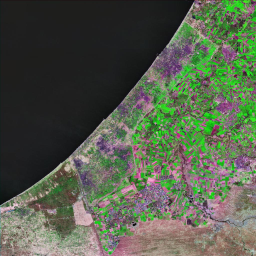


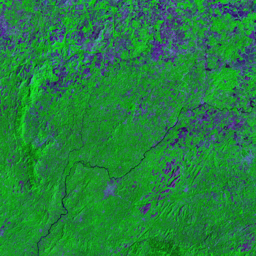
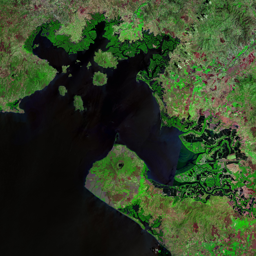

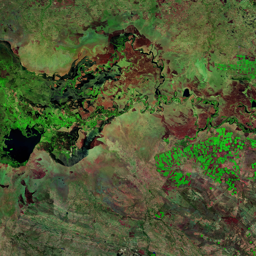
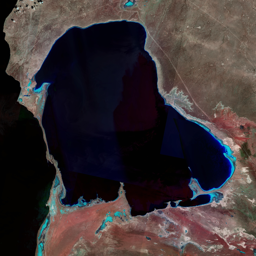
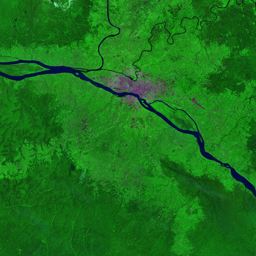
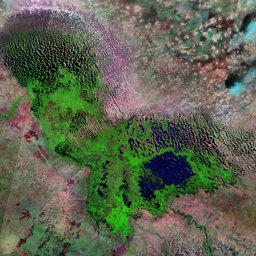

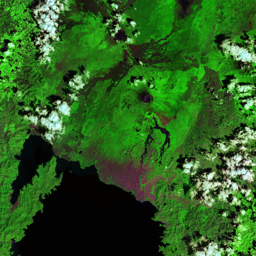

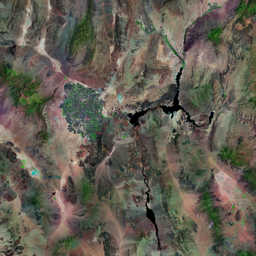
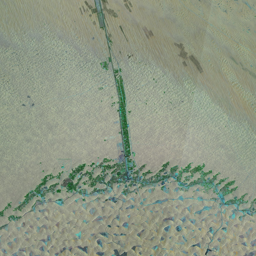
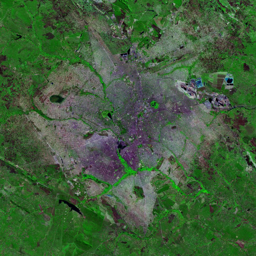
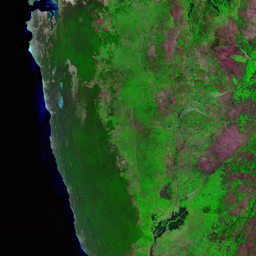


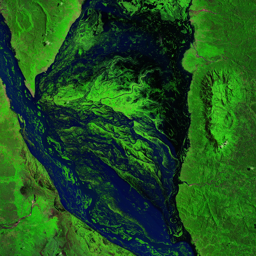





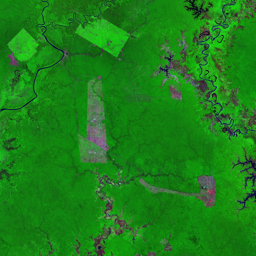

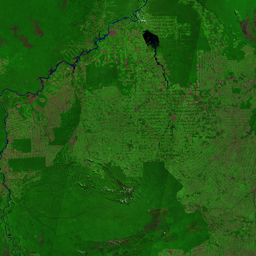
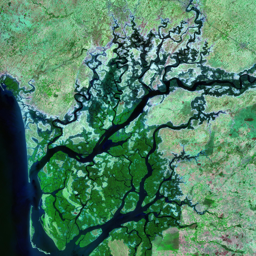
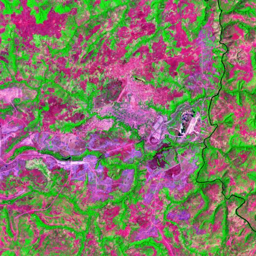
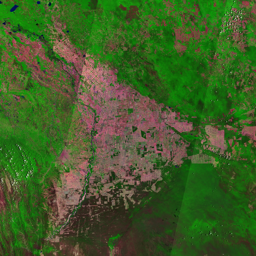


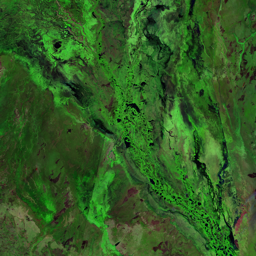

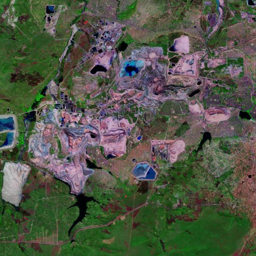
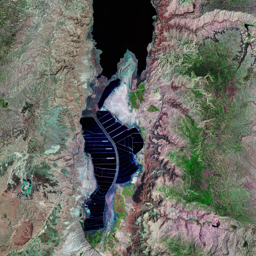
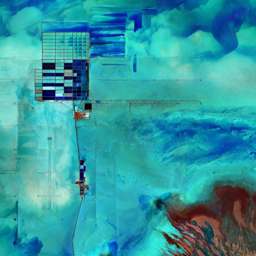
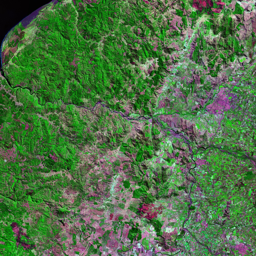
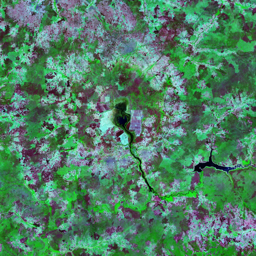
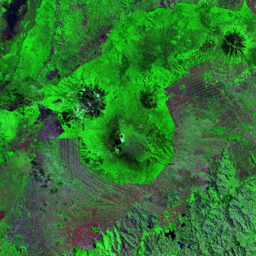
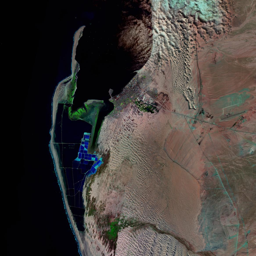

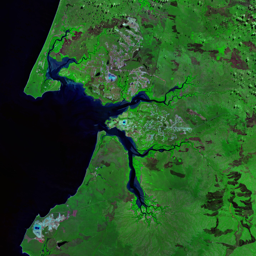
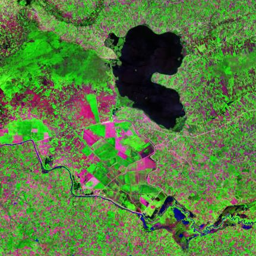
The Salar de Uyuni, located in the Altiplano of the high Andes in Bolivia, is the world's largest salt flat, with an area of approximately 10,000 square kilometers and an average elevation of 3,700 meters. It is also a unique and important ecosystem that supports a limited number of specialized plant and animal species, including three species of flamingo that congregate on the flats every November to breed. The Salar de Uyuni is also is the world's single-largest lithium resource, holding about one quarter of the entire global resource. The Bolivian government began investing in a lithium mining operation at Salar de Uyuni about a decade ago. The mining project has been controversial due to its potential environmental impact. The mining process involves pumping brine from beneath the salt flats into evaporation ponds. The brine is then left to evaporate, leaving behind lithium and other minerals. However, this process can have negative consequences on the environment. The evaporation ponds can cause soil contamination and water pollution, which can harm local flora and fauna. Additionally, the mining process requires large amounts of water, which can be scarce in the region. The lithium buried beneath the salt flats has enormous potential to power electric cars around the world, helping to reduce carbon emissions. However, it is important to ensure that the mining process is conducted in an environmentally sustainable manner that does not harm local ecosystems or communities.
Use shift + scroll to zoom the map
Use shift + scroll to zoom the map